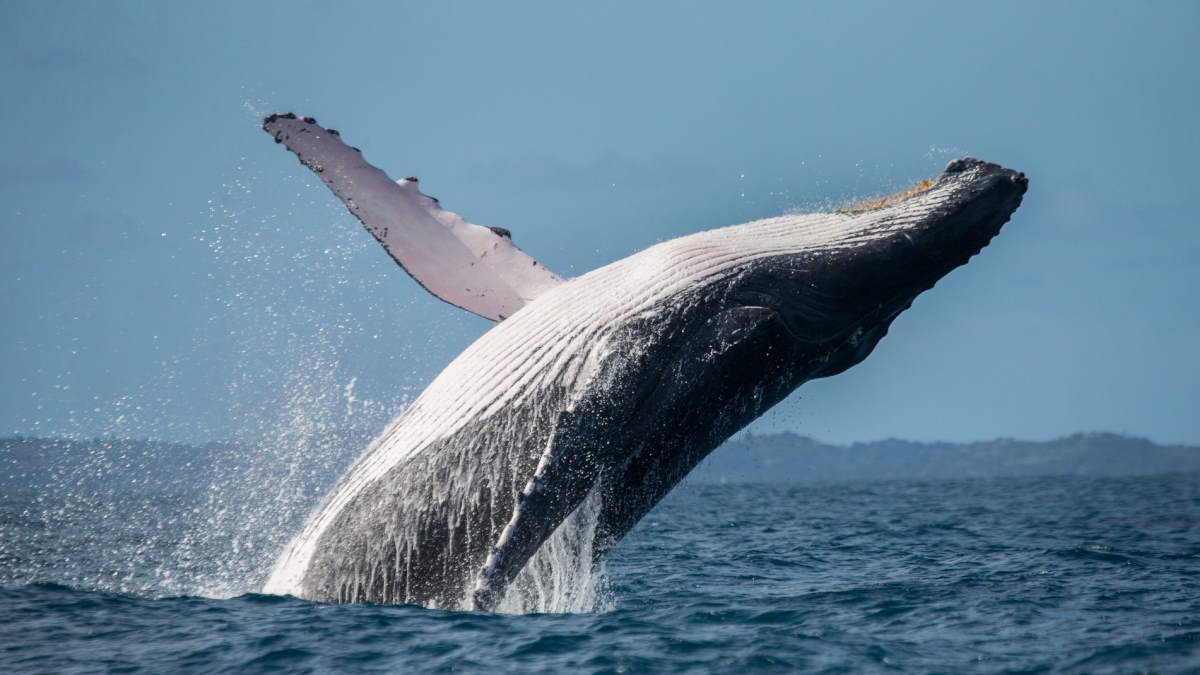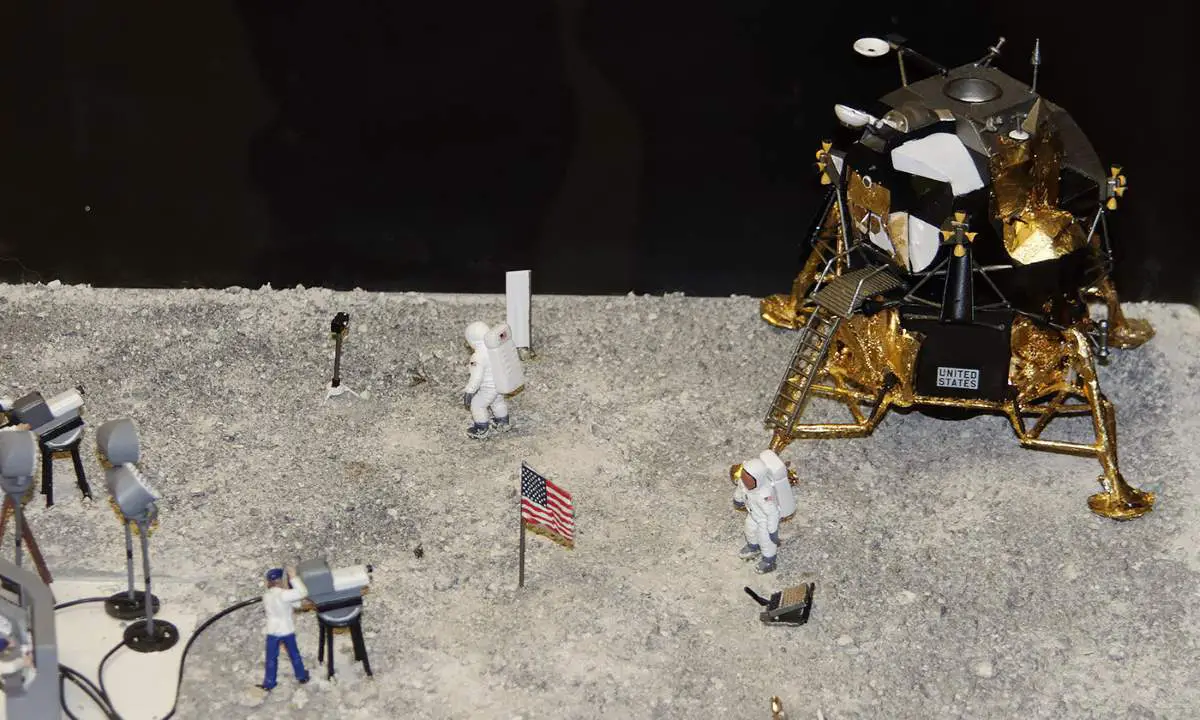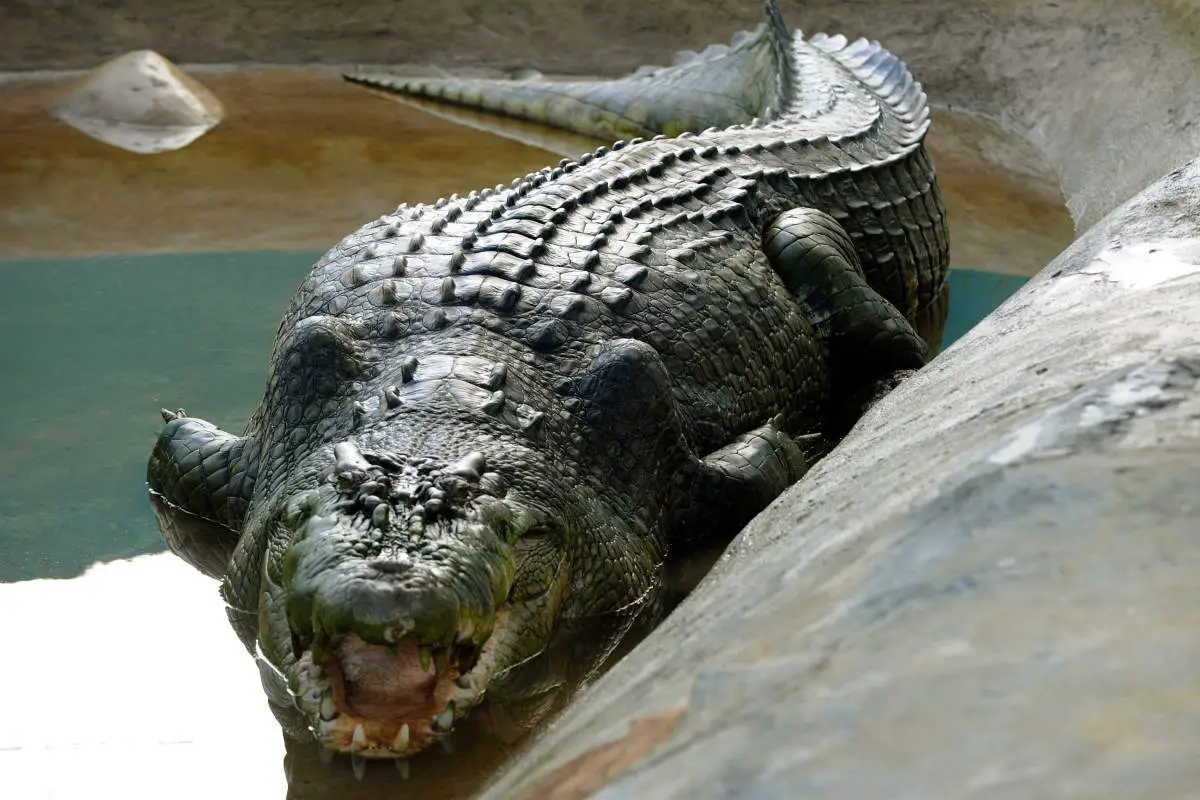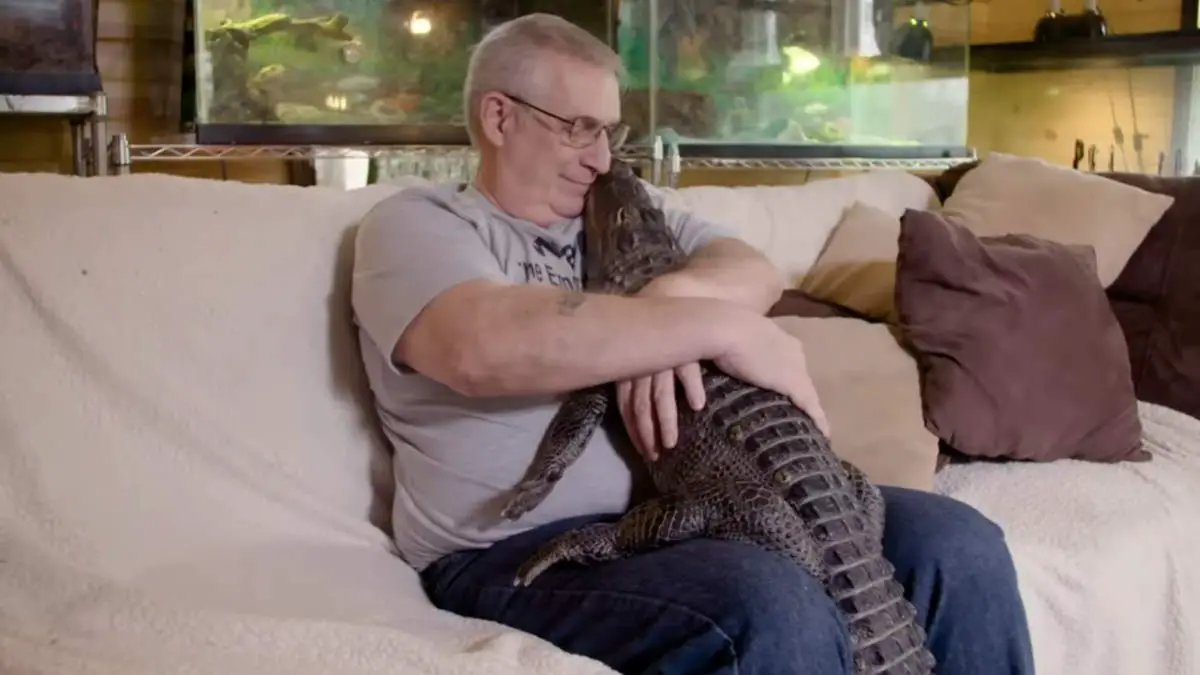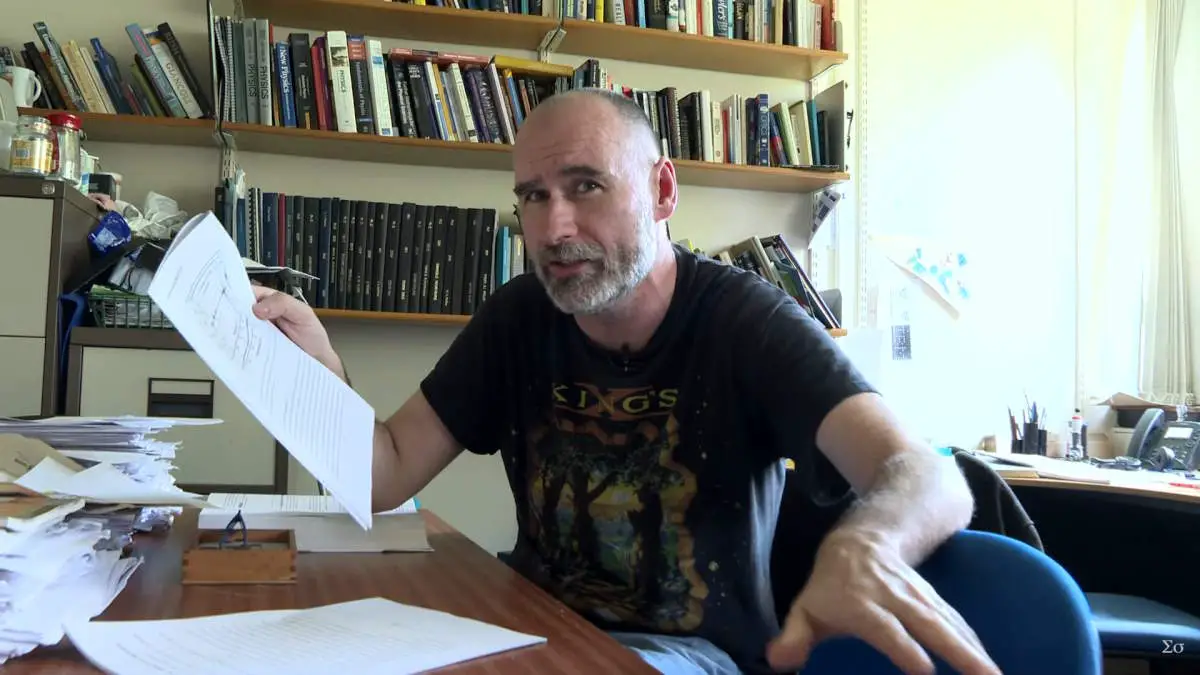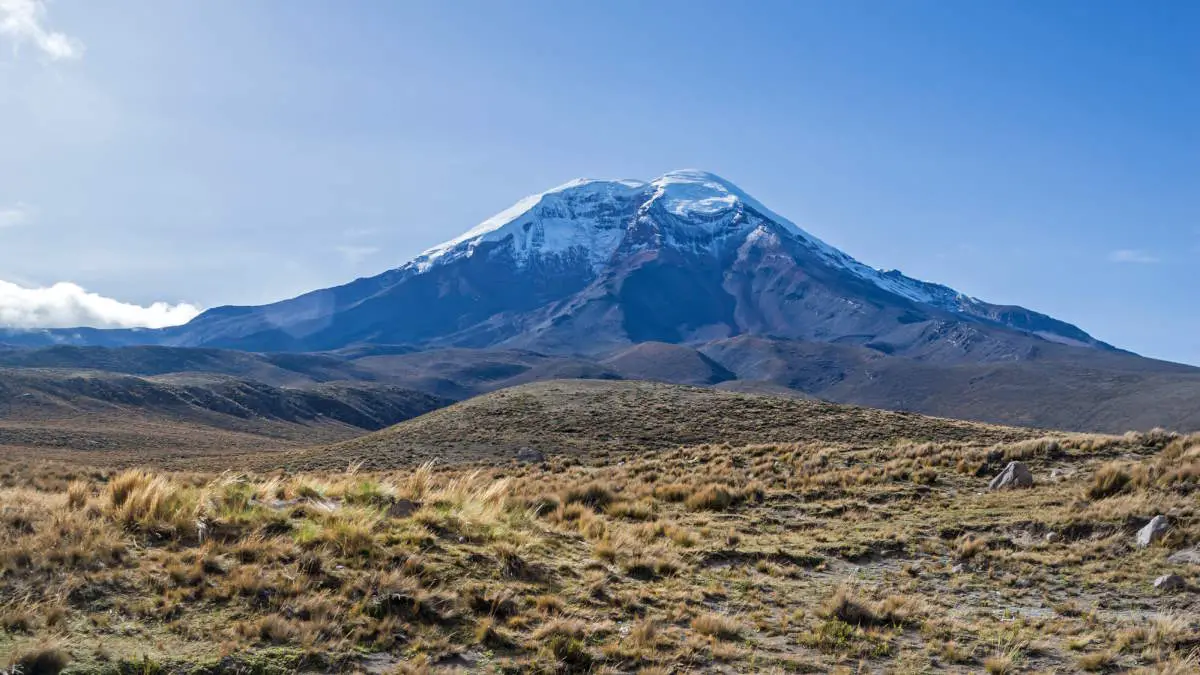Peto’s Paradox is a captivating conundrum in the realm of evolutionary biology and cancer research, prompting scientists to ponder a perplexing question: Why don’t large-bodied or long-lived animals, like whales and elephants, with their multitude of cells and extended lifetimes, exhibit a proportionally higher incidence of cancer compared to smaller species? Named after the epidemiologist …
Continue reading “Why are whales unlikely to get cancer? [Peto’s Paradox explained]”
